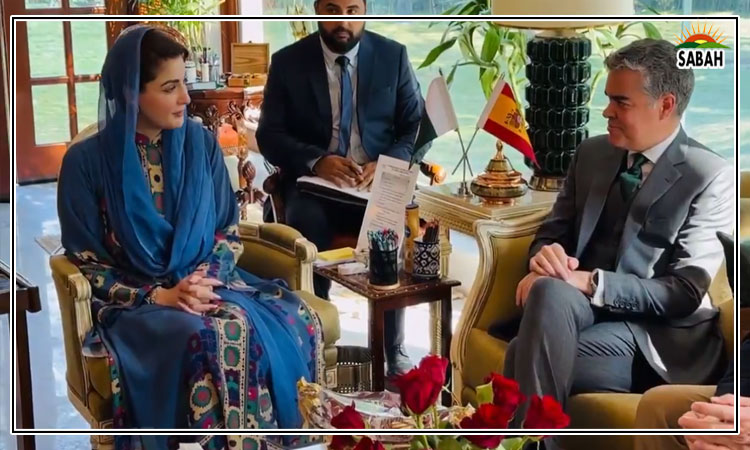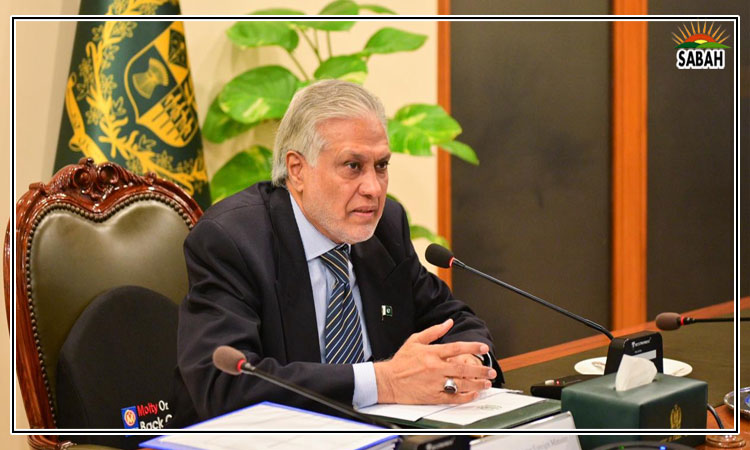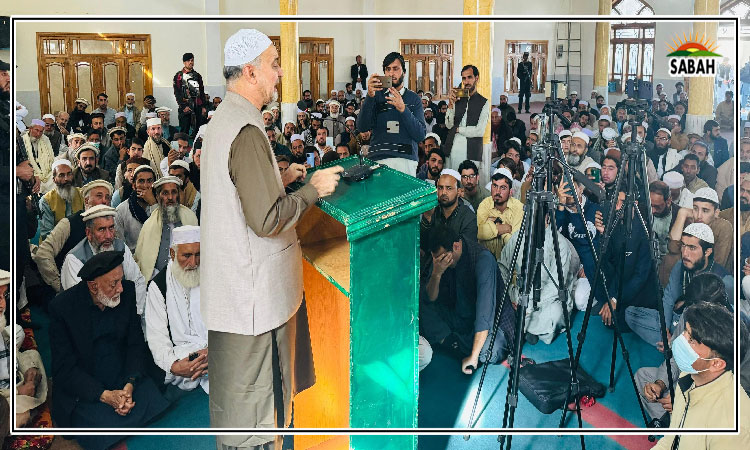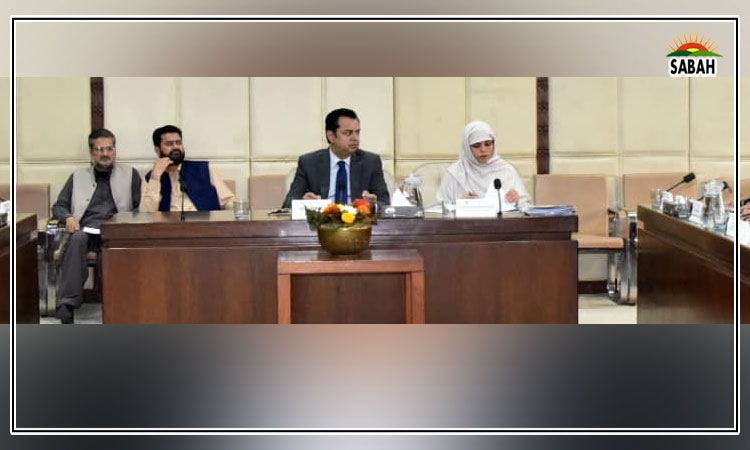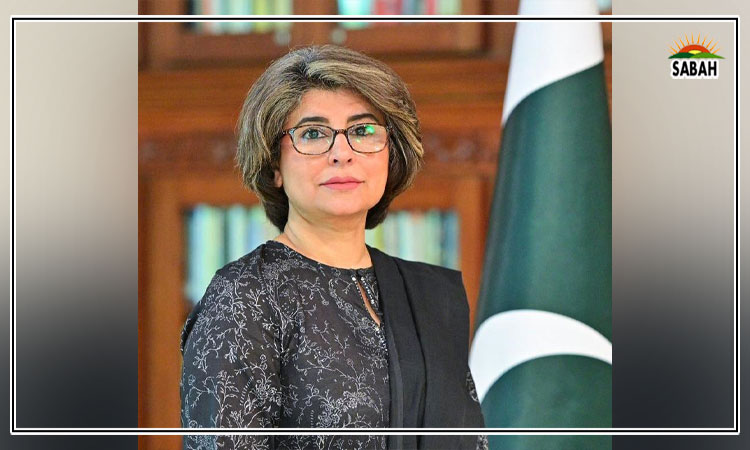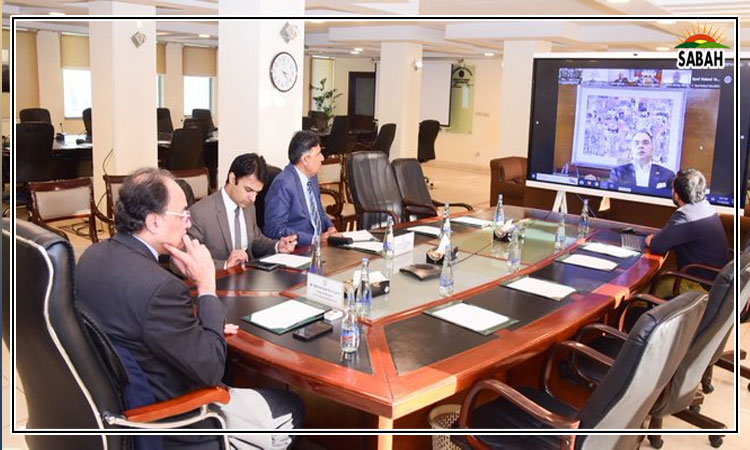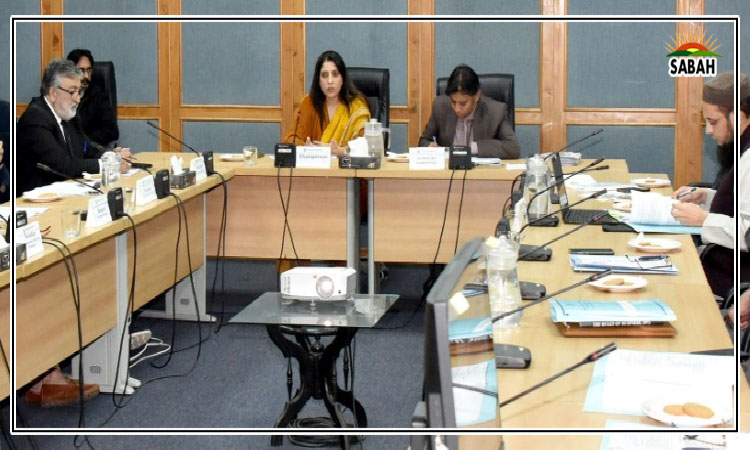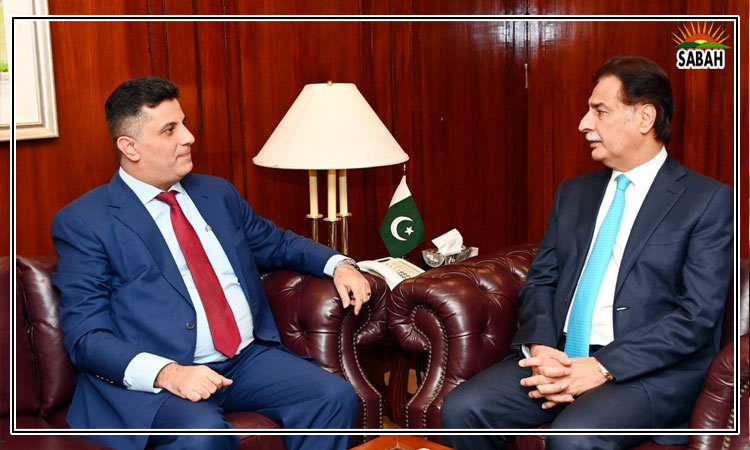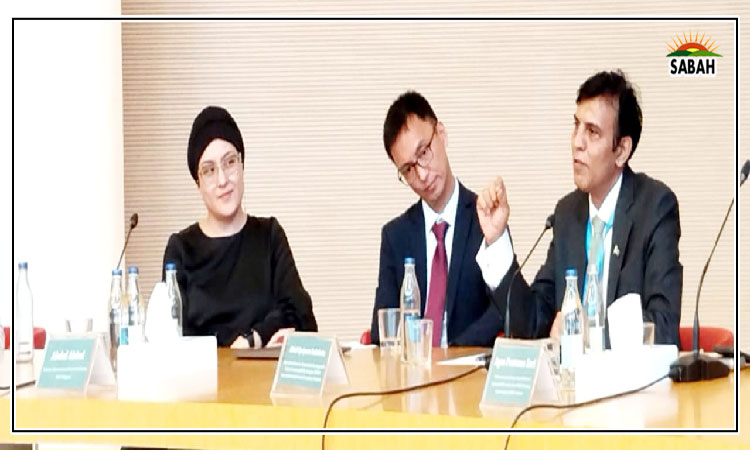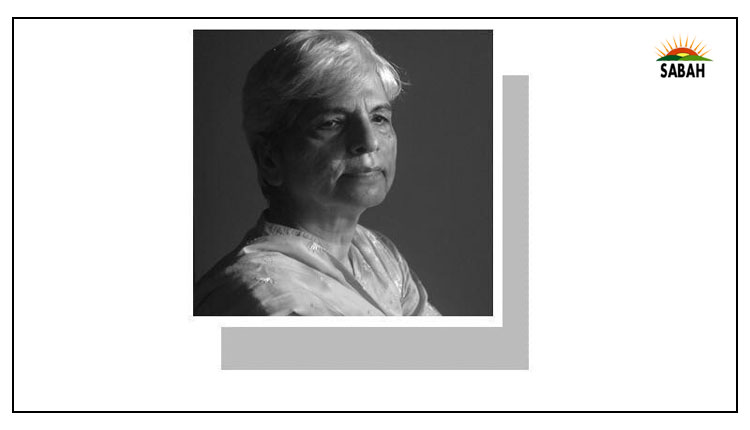Haziq-ul-Khairi…Zubeida Mustafa
MORE than 91 years ago a child was born to an enlightened and highly literary family. He himself grew up to make a worthy contribution to society as a public intellectual. Apart from his inherited love for Urdu literature, he also loved the profession he had chosen to enter, namely, law.
Justice Haziq-ul-Khairi, as he came to be known but Khairi Sahib to me and many others was not one of those members of the judiciary who come and go without making an impact. He was a man of principles, reminding us that a judge should not be heard in public if he is to be seen as impartial.
I learnt more about him when I attended a hearing of the Federal Shariat Court when he was its chief justice in 2009. A petition had been filed challenging the Transplantation of Human Organs and Tissues Ordinance, 2007, as being un-Islamic. Some unscrupulous surgeons were unabashedly operating an organ bazaar and purchasing organs from impoverished villagers to graft them at a fabulous price in the rich, many of whom came from abroad. After hearing the parties and consulting Islamic law experts, Justice Khairi decided that under the law, a person is not asked to save another persons life by endangering his own. Therefore, any sale or purchase of anybodys organ would amount to violating this dictum. The judgement was widely hailed as a great one that would open the doors to ijtihad (logical interpretation of an Islamic law by consensus).
Later on, it was my privilege to meet justice Khairi and even get to know him enough to enjoy his company. Behind the grim exterior, was a man with a kindly heart and a sense of humour that made him a lively conversationalist. So unassuming was he in his demeanour that many failed to recognise his greatness. In todays age of publicity, it is sad that his death earlier this month went practically unnoticed. He had his own law practice, became principal of S.M. Law College, a judge of the Sindh High Court, Sindhs ombudsman, member of the Council of Islamic Ideology and the chief justice of the Federal Shariat Court. Above all, he was a good man who didnt politicise his role as a judge for cheap popularity.
I saw Khairi Sahib from close quarters in his role as speaker of the Hamdard Shura (Karachi). Hakim Saeed had personally appointed him to this position in 1994. A meeting of the shura is held once a month in Karachi, Lahore, Islamabad and Peshawar. He conducted the meetings with dignity and grace. He demonstrated on these occasions the immense respect for women that was his inheritance by virtue of his being the grandson of Allama Rashid-ul-Khairi, the social reformer who founded three magazines for women Ismat still survives.
For him education and language, especially Urdu, were of great importance. Frequently, he invited me to be the guest speaker at these sessions and he proved to be a staunch supporter of my point of view when the argument became heated.
His interest in the youth was remarkable. He wrote stories and plays for children which were gripping. What was unique about him was his skill in internalising his diverse experiences to interweave them and produce fascinating stories. Once when Baela Jamil, founder of the Childrens Literature Festival, requested me to invite Khairi Sahib for a session, he readily agreed to come and speak to the children as an author. Here he narrated the story about the crows. It was interesting and ended with an account of how the crows got together to save one of their mates who was in trouble. He had much to say about the unsightly crows and their quality of flocking together in self-defence. Children learnt that looks do not matter. It is ones character that makes a difference.
Another story in his book he sent me was the dilemma of identity that a man faced when another persons brain was transplanted in his head. Obviously, SIUTs work in transplantation had given him ideas.
Khairi Sahib would quote his father when expressing his concern for the future of the country: We did not make Pakistan for ourselves but for the future generations so that they could live in peace, dignity and solidarity. (This is quoted in his memoirs Jagtay Lamhay)
These are the values he stood for. An avid reader of books, American, European, Russian, and of course, our own, Khairi Sahib appreciated good literature and would say: Good literature imbues people with high values while protecting them from rigid attitudes that drive society towards discord good literature drives away bigotry and prejudice so that people can breathe in an environment of freedom.
Now I know that my phone will never ring with a solemn voice saying at the other end: Aaj mein nay aap ka mazmoon parha aur (Today I read your column, and ) RIP Khairi Sahib.
Courtesy Dawn


